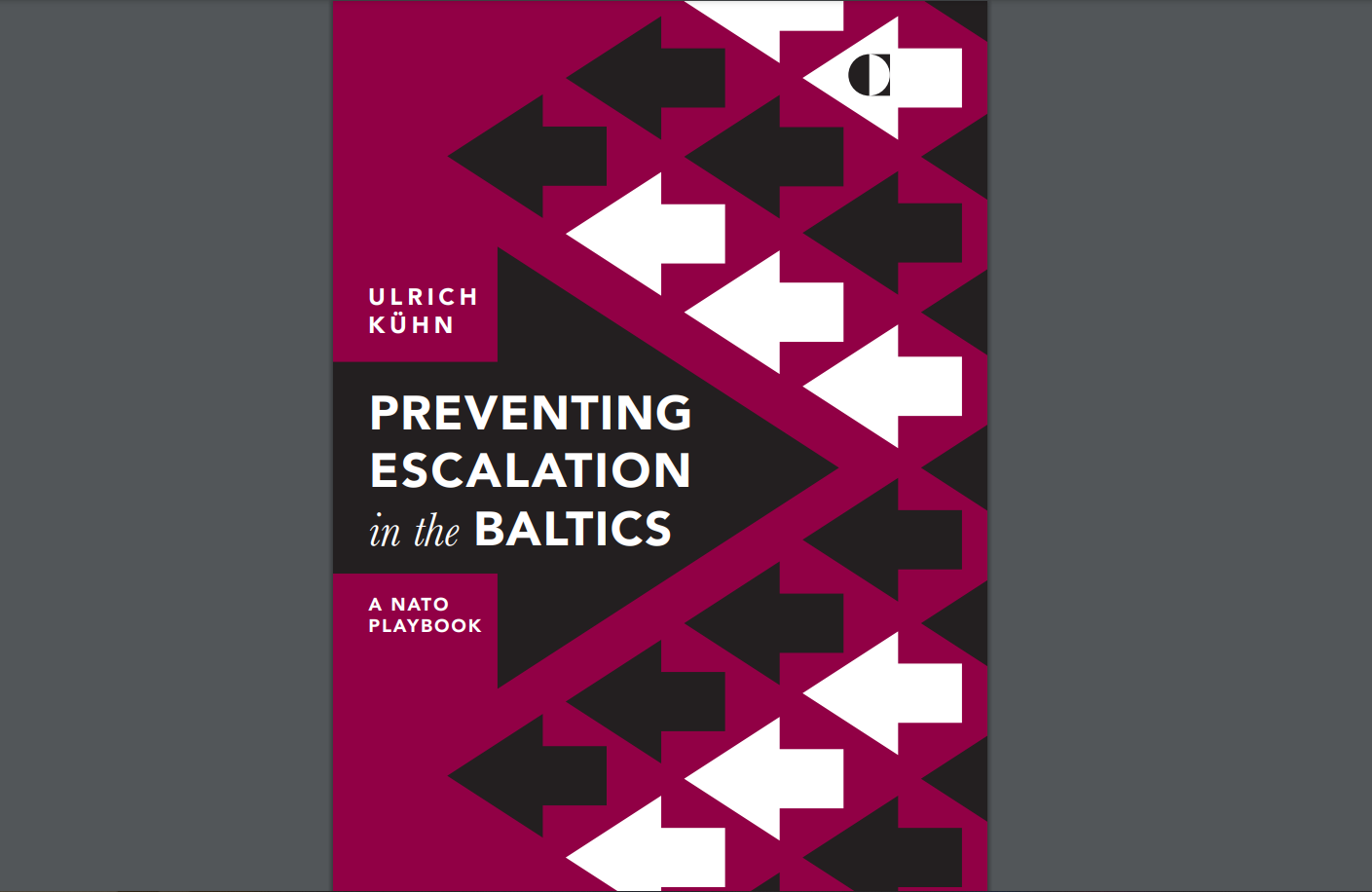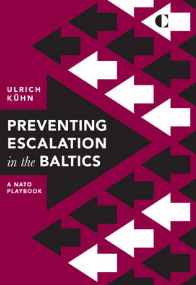

by Ulrich Kühn
28 March 2018
Published by the Carnegie Endowment for International Peace.
Amid the rollout of the February 2018 U.S. Nuclear Posture Review, security analysts have understandably focused much attention on its implications for the U.S. nuclear arsenal, intra-alliance ties with key NATO partners, and Washington’s icy relations with Moscow. But nuclear deterrence only partially addresses NATO members’ shared concerns about Russian behavior, especially in light of Moscow’s growing propensity to undermine the alliance with nonkinetic operations and other tactics that nuclear warheads cannot easily deter, argues VCDNP's Ulrich Kühn in his latest publication.
Read the full publication here.